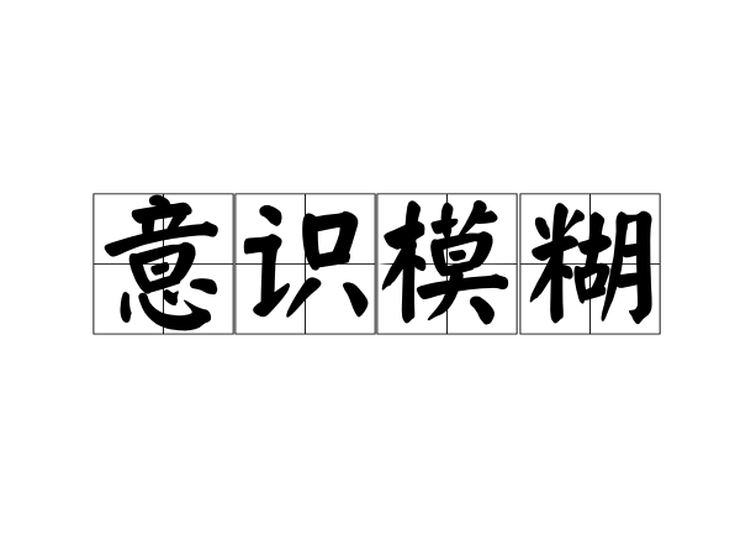“Lay not up for yourselves treasures upon earth,where moth and rust doth corrupt,and where thieves break through and steal: But lay up for yourselves treasures in heaven,where neither moth nor rust doth corrupt,and where thieves do not break through nor steal: For where your treasure is,there will your heart be also.
No one can serve two masters,for either he will hate the one and love the other; or else he will be devoted to one and despise the other. You can't serve both God and Mammon.”
-马修6:19 - 21,24
在圣经,Mammon在卢克16:13和马修6:24,重复卢克16:13的后者诗歌拟人化。在有些翻译,卢克16:9和卢克16:11也成mammon典型;但是在其他,它被翻译作为‘不诚实的财富’或等值。在一些西班牙语版本,说作为“Mamón”,但是在其他,作为“钱”(西班牙语为“金钱”)。
Mammon的早提及看上去源于在福音书的拟人,即Didascalia, “做cogitant独奏的Mammona,法定人数Deus est sacculus”;并且圣奥斯丁, “Lucrum Punice Mammon dicitur” (Serm。在Mt., ii)。紫树属的格雷戈里也断言Mammon是另一个名字对于魔。 在中世纪期间, Mammon共同地拟人化了作为贪婪、丰厚和不公道的邪魔。因而彼得伦巴第(Ⅱ, dist。6)说, “财宝叫名叫恶魔,即Mammon,Mammon的是恶魔的名字,命名财宝根据叙利亚舌头叫”。码头农夫也认为Mammon神。尼古拉斯? de Lyra (评论段落在卢克)说:“Mammon est nomen daemonis” (Mammon是邪魔的名字)。
踪影,然而,这样名字的任何Syriac神不存在,并且名字的共同的文艺证明与贪婪或贪婪的神的可能源于Spenser的仙境Queene, Mammon监督世间的财富洞。失去的米尔顿的天堂描述重视在其他事的尘世珍宝的一个下落的天使。[5] [6]最新神秘学者文字例如地狱De Plancy的Dictionnaire描述Mammon大使驻英国。对于过去和现在的托马斯Carlyle, Mammonism ‘福音书’成为了19世纪的唯物论者精神的一个隐喻拟人。 Mammon有些类似希腊神Plutus,并且罗马Dis父亲,他的描述的和是可能的他根据他们;特别是从Plutus出现于神的喜剧作为财富的一个狼似的邪魔,同在中世纪的贪婪联系在一起的狼。Thomas Aquinas隐喻地描述了贪婪罪孽作为“从地狱运载的Mammon由狼,来激起人的心脏以贪婪”。






